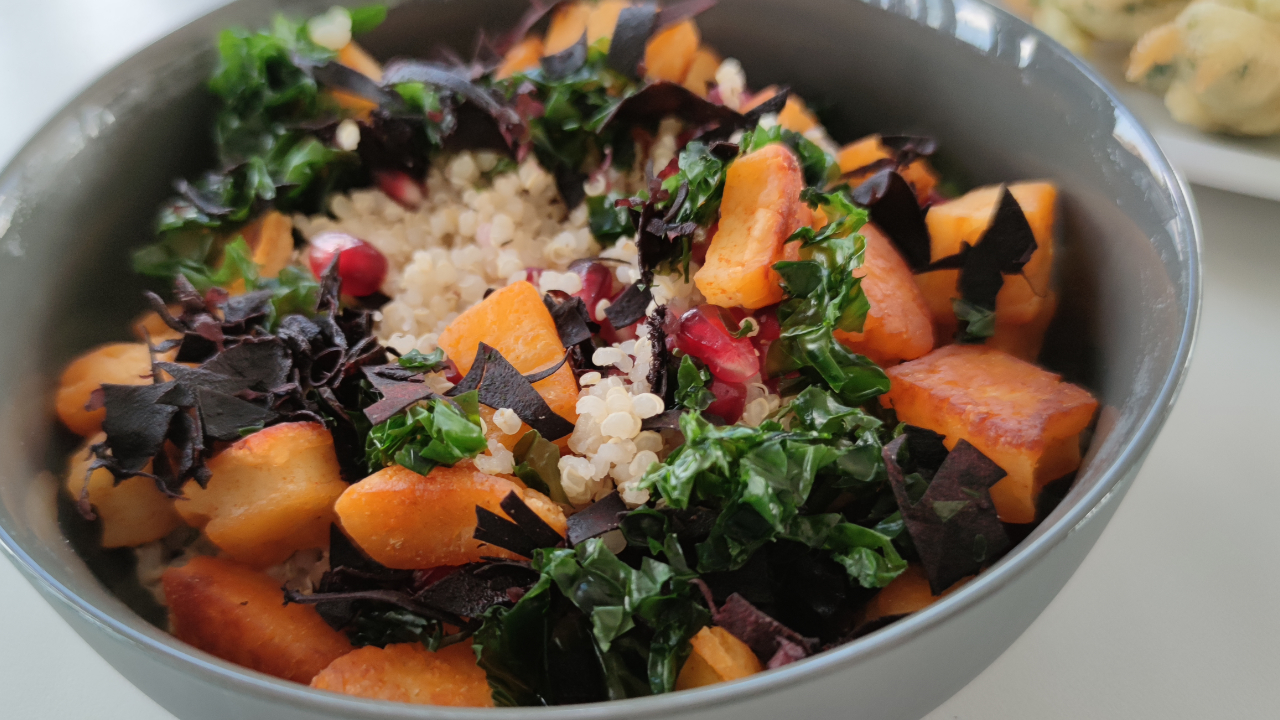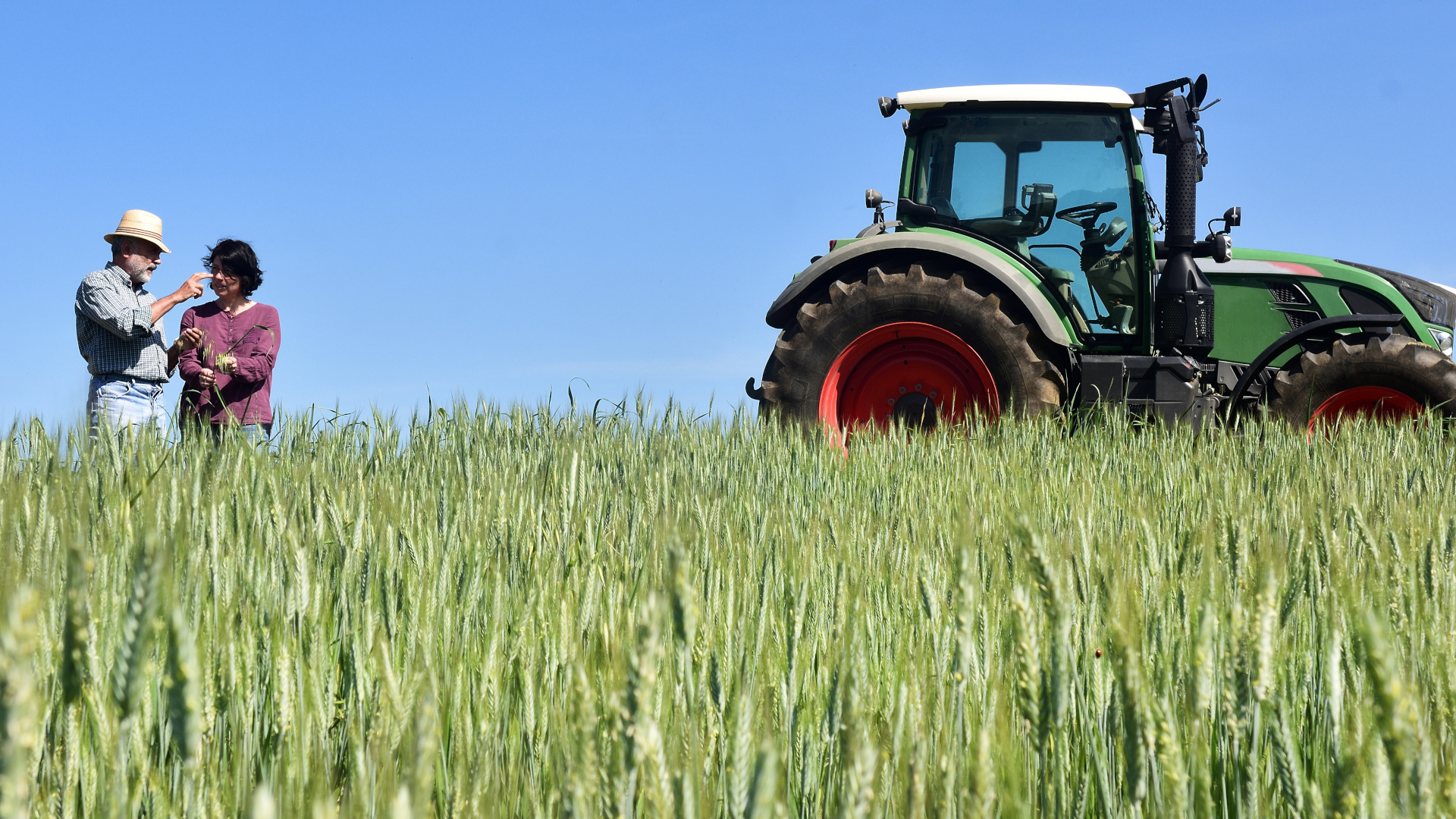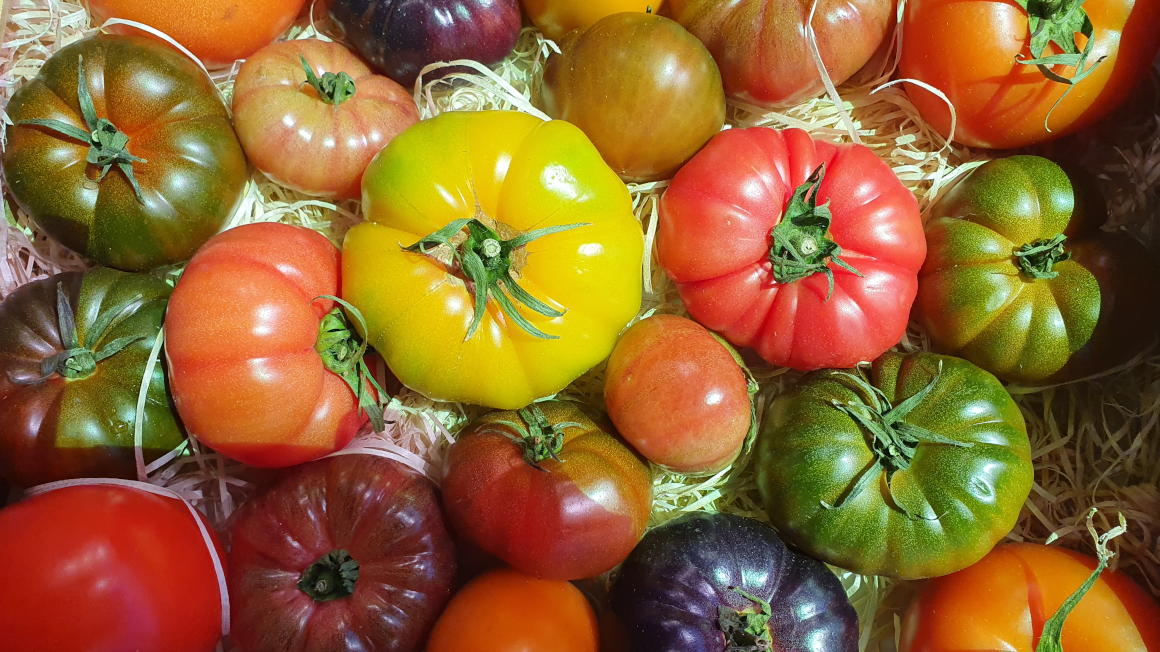Literature as inspiration for nutrition concepts
In search of new concepts for tomorrow's nutrition, the joint project Food4Future wants to analyze science fiction novels together with students from the University of Potsdam.

What kind of food will we eat in the future? Can algae and jellyfish be an alternative food source? Are conventional technologies sufficient to make food production and the agricultural system fit for the future and to ensure a healthy and sufficient diet for all? Such elementary questions are the focus of the joint project Food4Future (f4f), which is led by the Leibniz Institute of Vegetable and Ornamental Crops (IGZ) and funded by the German Federal Ministry of Education and Research as part of the Agricultural Systems of the Future program with a total of 5.8 million euros.
Nutrition ideas from science fiction books
In its search for new approaches, the project is also taking unusual paths. In collaboration with the literary scholar Natalie Moser from the University of Potsdam, the researchers want to explore the extent to which science fiction novels can provide inspiration for research on food and agricultural production. Together with students of German Studies, the f4t team wants to examine science fiction novels for possible concepts of food nutrition and production in the summer semester of 2021 as part of a seminar in literary studies.
New approaches for agrifood research
This involves questions about how, when and where the characters in science fiction books eat, and which foods and drinks are popular and in what form they are consumed - for example, liquid, pills, porridge or infusion. The relevance of the plot on the nutrition and supply of the characters will also be examined. The researchers hope to find approaches for new and disruptive research ideas for the agrifood industry in the literary depictions of nutrition and supply.
bb


